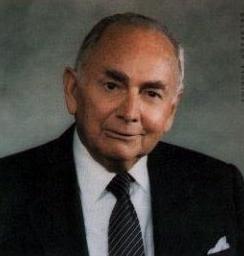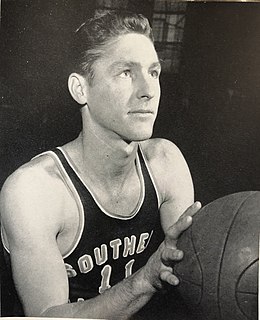A Quote by Denise Morrison
Most corporations have human-resources processes that involve discussions with your manager, performance evaluations, calibrations for performance and potential succession planning.
Related Quotes
Hackman's paradox: Groups have natural advantages: they have more resources than individuals; greater diversity of resources; more flexibility in deploying the resources; many opportunities for collective learning; and, the potential for synergy. Yet studies show that their actual performance often is subpar relative to "nominal" groups (i.e. individuals given the same task but their results are pooled.) The two most common reasons: groups are assigned work that is better done by individuals or are structured in ways that cap their full potential.
There is one thing of which I can assure you. If good performance of the fund is even a minor objective, any portfolio encompassing one hundred stocks (whether the manager is handling one thousand dollars or one billion dollars) is not being operated logically. The addition of the one hundredth stock simply can't reduce the potential variance in portfolio performance sufficiently to compensate for the negative effect its inclusion has on the overall portfolio expectation.
Motion capture is exactly what it says: it's physical moves, whereas performance capture is the entire performance - including your facial performance. If you're doing, say, martial arts for a video game, that is motion capture. This is basically another way of recording an actor's performance: audio, facial and physical.
The single most damaging misconception about strategy is that it is a set of financial performance goals. The so-called "strategies" created by many managements are nothing more than three-to-five year financial performance forecasts. They are then labeled "strategy" and shipped off to the board of directors which goes through the motions of discussing how big the numbers are. Strategy is not your aspirations. Strategy is concerned with how you will arrange your actions and resources to punch through the challenges you face.
While I was coaching, I believe the motivation talk I gave my players that achieved the best results was in reference to their present game-day effort. I stressed the fact that today's performance could be the most important of their life. Yesterday's performance was already history. Tomorrow really never comes, so today's performance is what really counts.


































